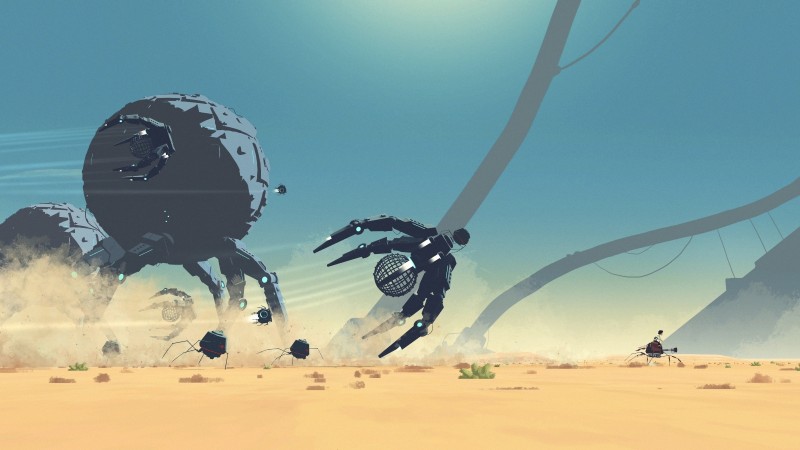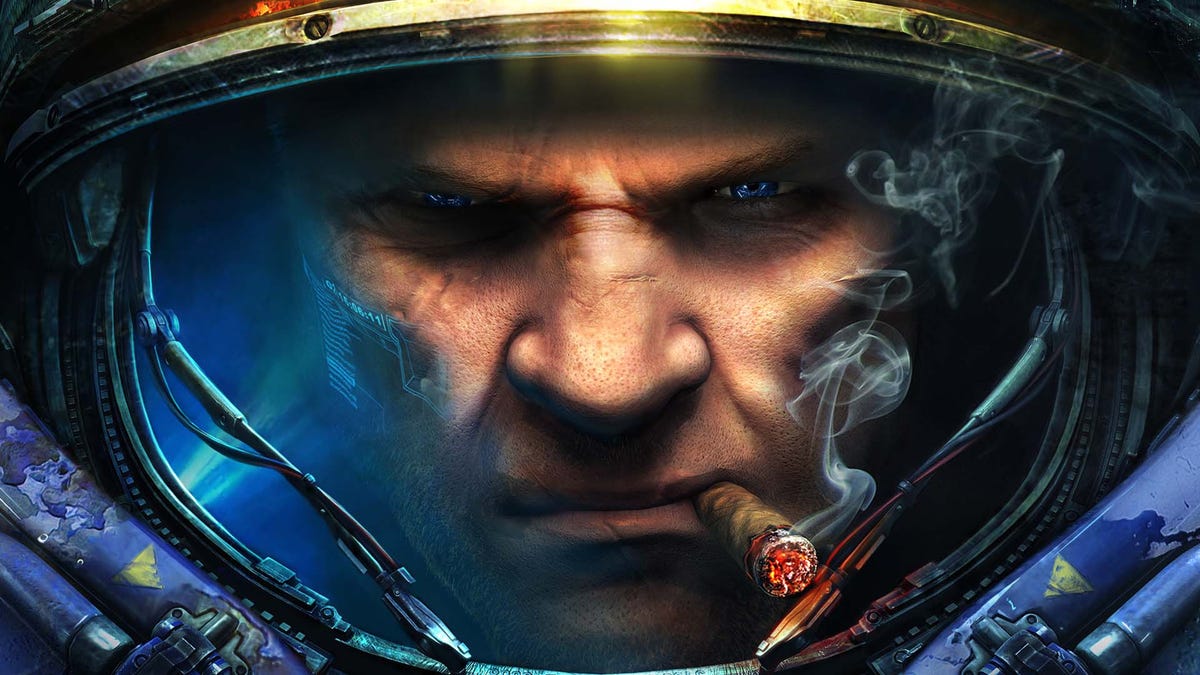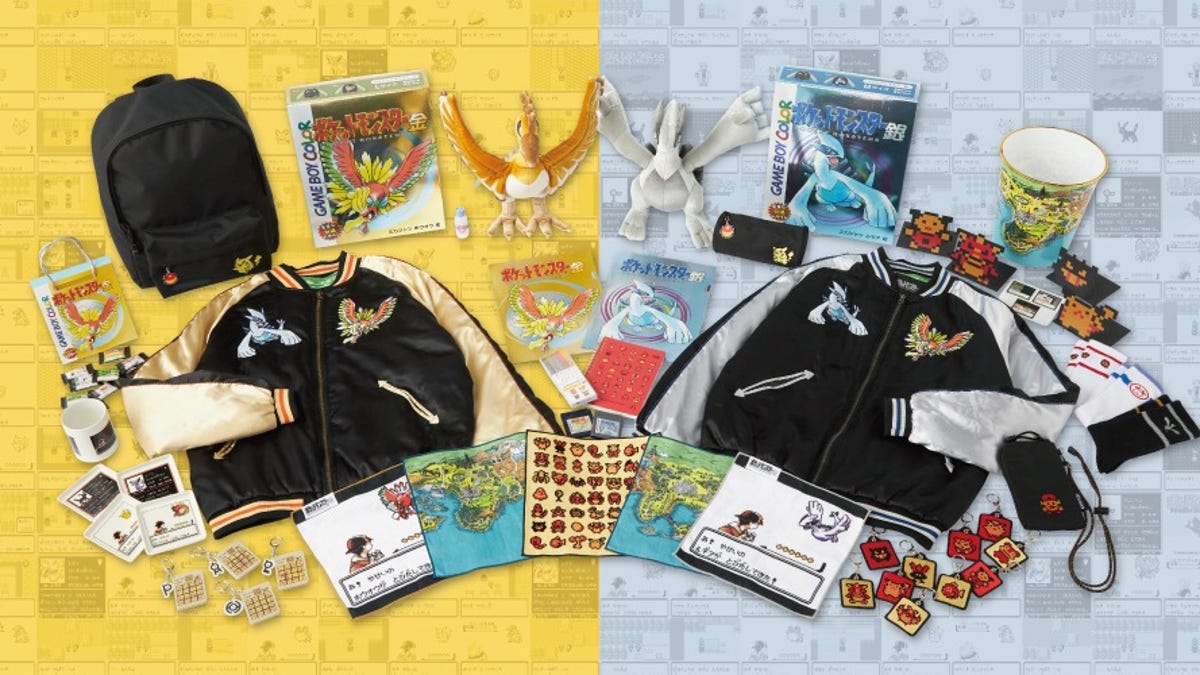Since the release of Limbo in 2010, cinematic puzzle-platformers have relied on capturing players’ attention and imagination with beautiful art movements and compelling, often enigmatic, storytelling. As these are typically short experiences, the moment-to-moment puzzles must convince with clever, memorable obstacles and must not convolute by rehashing familiar mechanisms too often. Planet of Lana pretty much hits that spot with its gorgeous presentation, but a trek through this strange world doesn’t always inspire the same awe.
Planet of Lana doesn’t waste time throwing players into the fire. As a young Lana, your little village, including someone close to you, was abducted by alien machines. It’s up to you to find and free all of them, and you’ll be accompanied by an adorable (and pettable) feline companion named Mui. It’s a treat to watch tender and somber moments between the two because everything looks so wonderful. From picturesque grassy plains to postcard-worthy vistas of the beach, some snaps are worth framing as works of art. The majestic soundtrack tops my list of best of the year, with the main theme in particular making it a welcome catchy tune that also has intriguing narrative significance.
The game offers an entertaining enough story, and it’s hard not to smile at Lana and Mui’s nice, if limited, interactions. The more exciting world building takes place at the edges, mainly through collectible, easily missed fragments of a glowing wall carving. Is that Earth or another planet? What are the machines and where do they come from? Planet of Lana leaves some answers vague, but the intrigue helped me move forward, even if I still draw my own conclusions.
Lana’s deliberate, impulse-based movement feels good, but occasionally causes headaches, like watching her slide over a ledge after a big jump. Problem solving involves the sometimes tedious task of putting objects in the right position and doing things in the right order so both characters can avoid obstacles. Mui’s superior mobility means you command them to drop climbing ropes for Lana, activate remote switches, or lure enemies away. I just wish Mui wouldn’t stop after performing actions so I wouldn’t have to constantly call her to my side. Finally, Mui and Lana can hijack animal minds or hack machines to use as platforms or weights for pressure-sensitive switches. These are cool skills that I wish the game would use more of.
These traversal puzzles have some clever ideas, but they don’t progress very much and don’t shift into the next gear. They push objects, climb ropes, and crouch in tall grass to avoid patrolling machines for most of the journey, albeit in a slightly more laborious manner. A few less repetitive exercises break this routine, such as manipulating the water levels in lakes, but nothing I tackled really got me excited, and I sometimes groaned when the puzzles went back to the status quo. A few obstacles I solved right away, others can be disappointingly easy even in the middle of the game. Puzzle solving might be mediocre, but Planet of Lana offers a series of adrenaline pumping moments. I enjoyed a fast-paced, event-driven race across the desert, where your mount sprints through an armada of colossal marching machines.
Although I would have liked a more exciting and varied gameplay, Planet of Lana is still a fun and beautiful game. The artistic direction and main jingle are probably the only things that will stick with me for the long haul, but Lana and Mui’s journey is a competent rescue mission that doesn’t always fly as high as the machines that pursue them.








